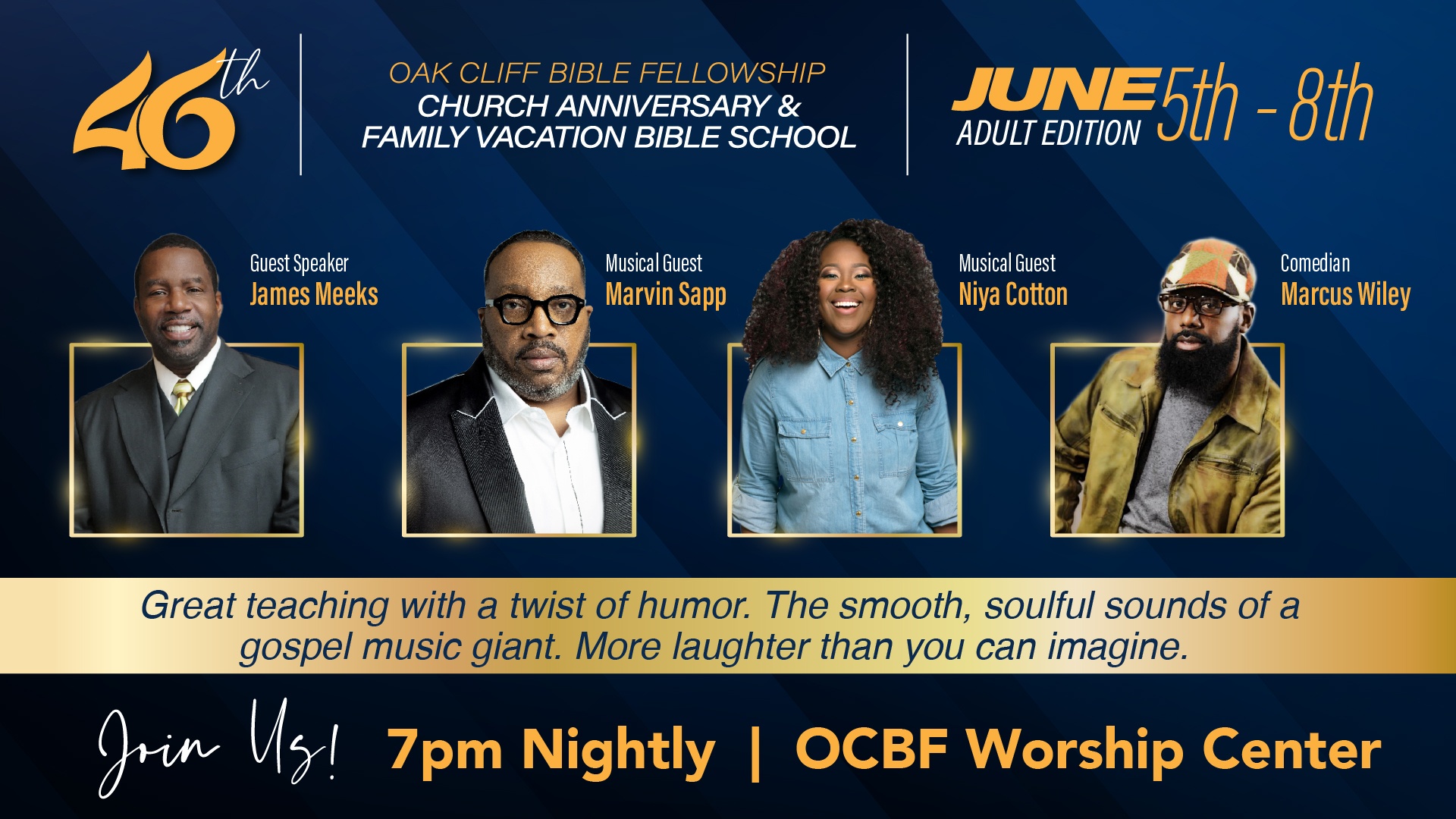History and Origins of OCBC Church

Ocbf church – OCBC Church, formally known as Old City Baptist Church, has a rich history that spans over two centuries. Its roots can be traced back to 1808, when a group of Baptist believers gathered in a small building in the Old City section of Philadelphia, Pennsylvania.
The church’s founding pastor was the Reverend Thomas Ustick, a prominent Baptist minister who had served as the pastor of First Baptist Church in Philadelphia. Under Ustick’s leadership, OCBC Church quickly grew and became a leading congregation in the city.
Key Leaders
Throughout its history, OCBC Church has been blessed with a number of gifted and dedicated leaders. In addition to Thomas Ustick, other notable pastors include:
- The Reverend George Duffield (1820-1848)
- The Reverend William W. Keen (1848-1853)
- The Reverend Edward Judson (1853-1859)
These men and others helped to shape the church’s identity and mission, and their legacy continues to inspire the congregation today.
Significant Events
OCBC Church has witnessed many significant events throughout its history. In 1814, the church was forced to relocate after its building was destroyed in a fire. The congregation rebuilt on the same site, and the new building was dedicated in 1816.
In 1845, OCBC Church became one of the founding members of the American Baptist Publication Society, which later became the American Baptist Churches USA. The church has also played a leading role in the Baptist World Alliance, and its members have served in leadership positions in the organization.
Theological Foundations
OCBC Church is a Baptist church, and its theological foundations are based on the Bible. The church believes in the Trinity, the deity of Christ, the salvation of sinners by grace through faith, and the resurrection of the dead.
OCBC Church is also a member of the Cooperative Baptist Fellowship, a network of Baptist churches that share a commitment to theological diversity, congregational autonomy, and social justice.
Mission, Vision, and Values, Ocbf church
OCBC Church’s mission is to “proclaim the gospel of Jesus Christ, to make disciples, and to serve the community.” The church’s vision is to be “a vibrant, growing community of faith that is committed to serving God and making a difference in the world.”
OCBC Church’s values are:
- Faith
- Hope
- Love
- Justice
- Compassion
These values guide the church’s ministry and outreach, and they are reflected in the church’s programs and activities.
Programs and Ministries
OCBC Church offers a wide range of programs and ministries to cater to the diverse needs of its congregation and the community. These programs aim to provide spiritual growth, support, and outreach to individuals of all ages and backgrounds.
The church’s programs and ministries are organized into several categories, including:
- Spiritual Growth: Programs such as Bible studies, prayer groups, and retreats are designed to deepen participants’ understanding of the Christian faith and foster their spiritual development.
- Community Outreach: The church actively engages in community outreach through programs such as food pantries, homeless shelters, and after-school programs, providing assistance and support to those in need.
- Youth Ministries: OCBC Church offers a variety of programs specifically tailored to the needs of youth, including Sunday school classes, youth groups, and summer camps, aimed at nurturing their spiritual growth and fostering a sense of community.
- Adult Ministries: The church provides programs and ministries designed to meet the unique needs of adults, such as small groups, Bible studies, and support groups, offering opportunities for fellowship, spiritual growth, and practical support.
- Missions: OCBC Church actively supports missions both locally and globally, partnering with organizations and sending out teams to provide humanitarian aid, share the gospel, and engage in community development.
One of the most successful programs offered by OCBC Church is the “Hope Pantry,” a food pantry that provides groceries and other essential items to families in need. The pantry has served over 10,000 families since its inception and has made a significant impact on the community.
Another notable program is the “Bridge Program,” which provides after-school tutoring and mentoring to at-risk youth. The program has helped hundreds of students improve their academic performance and develop essential life skills, empowering them to succeed in school and beyond.
These programs and ministries are a testament to OCBC Church’s commitment to providing a welcoming and supportive environment for spiritual growth, community engagement, and outreach to those in need.
Leadership and Organizational Structure: Ocbf Church

OCBC Church is led by a team of pastors and elders who are responsible for the church’s spiritual and administrative leadership. The senior pastor is the church’s chief executive officer and is responsible for overseeing the church’s overall operations. The elders are responsible for providing spiritual guidance and oversight to the church. They also serve as the church’s board of directors.
OCBC Church has a hierarchical organizational structure. The senior pastor is at the top of the organizational chart, followed by the elders, the deacons, and the other church staff. The church’s decision-making process is based on a consensus model. All major decisions are made by the elders in consultation with the senior pastor.
Financial Management and Fundraising Strategies
OCBC Church is a financially self-sufficient organization. The church’s income is derived from tithes and offerings from its members. The church also receives income from investments and other sources. The church’s financial management is overseen by a finance committee that is composed of elders and other church members.
OCBC Church uses a variety of fundraising strategies to raise money for its ministries. These strategies include special events, direct mail campaigns, and online giving. The church also receives grants from foundations and other organizations.